View all Standards for North Carolina Essential Standards 2024
6.CR.1.2 Create original works using theatrical formatting and elements.
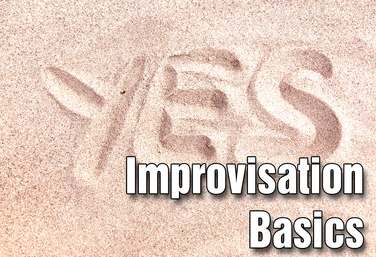
UNIT
Part of the Middle School Curriculum
Unit Two: Improvisation Basics
by Lindsay Johnson
In this unit, students will learn, practice and apply three important rules of improv: accepting and building on offers, quick thinking, and strong offers. For each step, they will work with the Improvisation Rubric by both giving and receiving feedback. Students will also start to practice techniques to improve their vocal clarity. The unit culminates in a performance assessment in which students will play an improv game in front of an audience.
Read More
about Unit Two: Improvisation Basics
Read Less
about Unit Two: Improvisation Basics
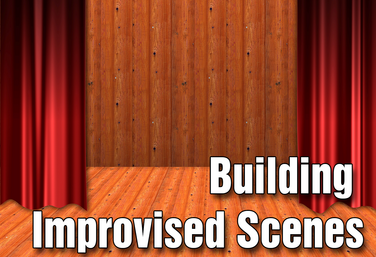
UNIT
Part of the Middle School Curriculum
Unit Three: Building Improvised Scenes
by Lindsay Johnson
Students will understand the basic building blocks of a scene: The Who (characters/ relationship), the Where (setting), and the What (conflict – objectives/tactics). They will learn how to use both verbal and nonverbal (pantomime) clues to communicate these scene details to an audience. They will continue to work on voice clarity, while also learning to open their body to an audience. The unit culminates in a performance assessment in which students work in pairs to improvise a scene.
Read More
about Unit Three: Building Improvised Scenes
Read Less
about Unit Three: Building Improvised Scenes
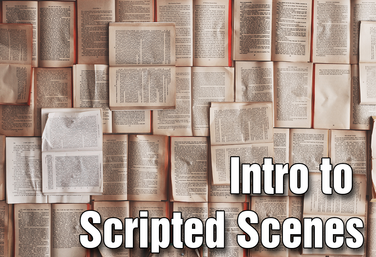
UNIT
Part of the Middle School Curriculum
Unit Four: Intro to Scripted Scenes
by Lindsay Johnson
Students will be introduced to the most basic of scripts: the contentless/open scene script. They will use their knowledge of character/relationships, setting, objective, and tactics to add content to a contentless scene. Students will also learn the basics of set design and blocking, and will begin using voice expression to communicate clearer characters. The unit culminates in a performance assessment in which students will work in pairs to add content to and perform a contentless scene.
Read More
about Unit Four: Intro to Scripted Scenes
Read Less
about Unit Four: Intro to Scripted Scenes
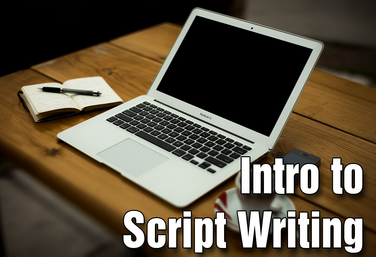
UNIT
Part of the Middle School Curriculum
Unit Five: Intro to Script Writing
by Lindsay Johnson
In this unit, students learn how to write their own scripts using correct formatting. These scripts will be more detailed than the contentless scenes. Students will learn how to write dialogue that provide information about relationships, conflicting objectives, and setting.
They’ll also learn how to correctly add expression and movement directions into the script itself. The unit will end with a partner script writing assignment which is performed in front of the class.
Read More
about Unit Five: Intro to Script Writing
Read Less
about Unit Five: Intro to Script Writing
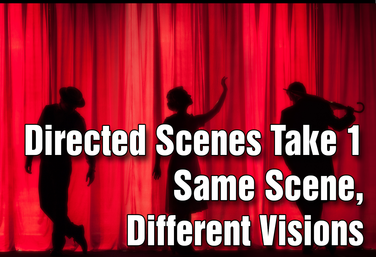
UNIT
Part of the Middle School Curriculum
Unit Six: Directed Scenes Take 1: Same Scene, Different Visions
by Lindsay Johnson
Students will now start applying the skills they’ve learned thus far in the context of existing, fleshed-out scripts.
They will also have opportunities to shift from actor to director and hone such skills as collaboration, self-confidence, and problem-solving which can be used in many other areas of their lives.
Read More
about Unit Six: Directed Scenes Take 1: Same Scene, Different Visions
Read Less
about Unit Six: Directed Scenes Take 1: Same Scene, Different Visions
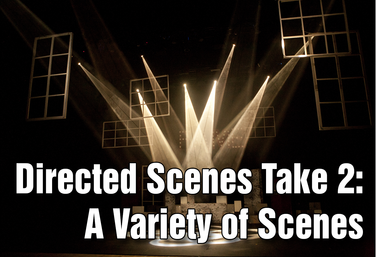
UNIT
Part of the Middle School Curriculum
Unit Seven: Directed Scenes Take 2: A Variety of Scenes
by Lindsay Johnson
Students will have another opportunity to participate in student-directed scenes, only this time each director will be assigned a different script, and actors for each group will be chosen by the teacher based on individual strengths and challenges, rather than holding auditions.
Actors will take a deeper dive into character physicality and use of levels in staging this unit. Directors will continue to create a set design and block the scenes, adding props as well in this unit.
The unit culminates in actors presenting their directed scenes to the class.
Read More
about Unit Seven: Directed Scenes Take 2: A Variety of Scenes
Read Less
about Unit Seven: Directed Scenes Take 2: A Variety of Scenes
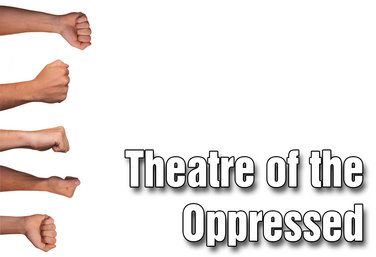
UNIT
Part of the Middle School Curriculum
Unit Eight: Theatre of the Oppressed
by Lindsay Johnson
Students will have a chance to merge their understanding of scene elements with their improvisation skills in this final unit based on Augusto Boal’s Theatre of the Oppressed. Theatre of the Oppressed is a style of theatre specifically created to highlight the injustices of power and oppression in society and to problem-solve ways to bring about change.
Starting with image theatre techniques to identify issues of power and oppression, students will then use forum theatre to create scenarios of oppression taken from their own lives and improvise realistic solutions.
The unit culminates in a performance in which students participate as both actors in a scene they create themselves and spect-actors in scenes created by their peers.
Read More
about Unit Eight: Theatre of the Oppressed
Read Less
about Unit Eight: Theatre of the Oppressed
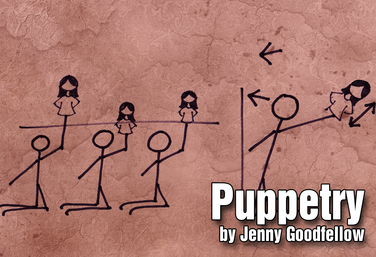
UNIT
Puppetry
by Jenny Goodfellow
This unit on Puppetry is designed for middle school and up, to introduce students to the material and get them comfortable with performing in a safe and low exposure environment.
This is a unit that builds to a culminating experience for your students. Each lesson is designed to explore techniques, provide opportunities for creative collaboration among your students, and give them opportunities to perform. Some of the lessons require materials to build or create puppets. Puppetry can be as easy as drawing a face on your finger for finger puppets, to actually purchasing your own finger puppets for students to use.
While the focus of this unit is puppetry, your students will explore other skills as well. There’s the obvious ones of creative thinking, teamwork, and problem solving. They are also going to explore storytelling, performing skills, and playwriting.
Read More
about Puppetry
Read Less
about Puppetry
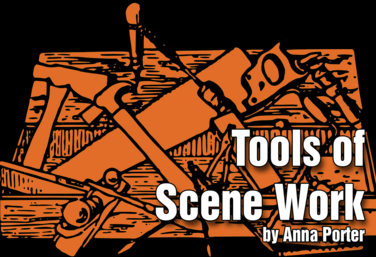
UNIT
Tools of Scene Work
by Anna Porter
Students are introduced to scene work performance through a simple, contentless scene unit. In this unit, performers will use exercises like “Show and Tell” to learn how to fill in the gaps of a story by creating scenarios and detailed characters with backgrounds.
Students will further fill in the gaps by exploring environmental and physical conflict as well as stage business. The lesson “Thou Shalts of Staging” will guide students through basic staging and performance technique.
Read More
about Tools of Scene Work
Read Less
about Tools of Scene Work
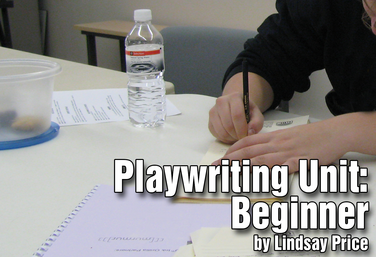
UNIT
Playwriting Unit: Beginner
by Lindsay Price
This unit provides an introduction to the process of playwriting in a practical step-by-step framework. Playwriting can be a practical task-driven process that any student can accomplish, given the right parameters. This playwriting unit will give students the tools they need to write their first short play and gain the confidence they need to write further. The culminating project for this unit is a three- to five-page play or extended scene.
Read More
about Playwriting Unit: Beginner
Read Less
about Playwriting Unit: Beginner
View all Standards for North Carolina Essential Standards 2024 Standards Master List